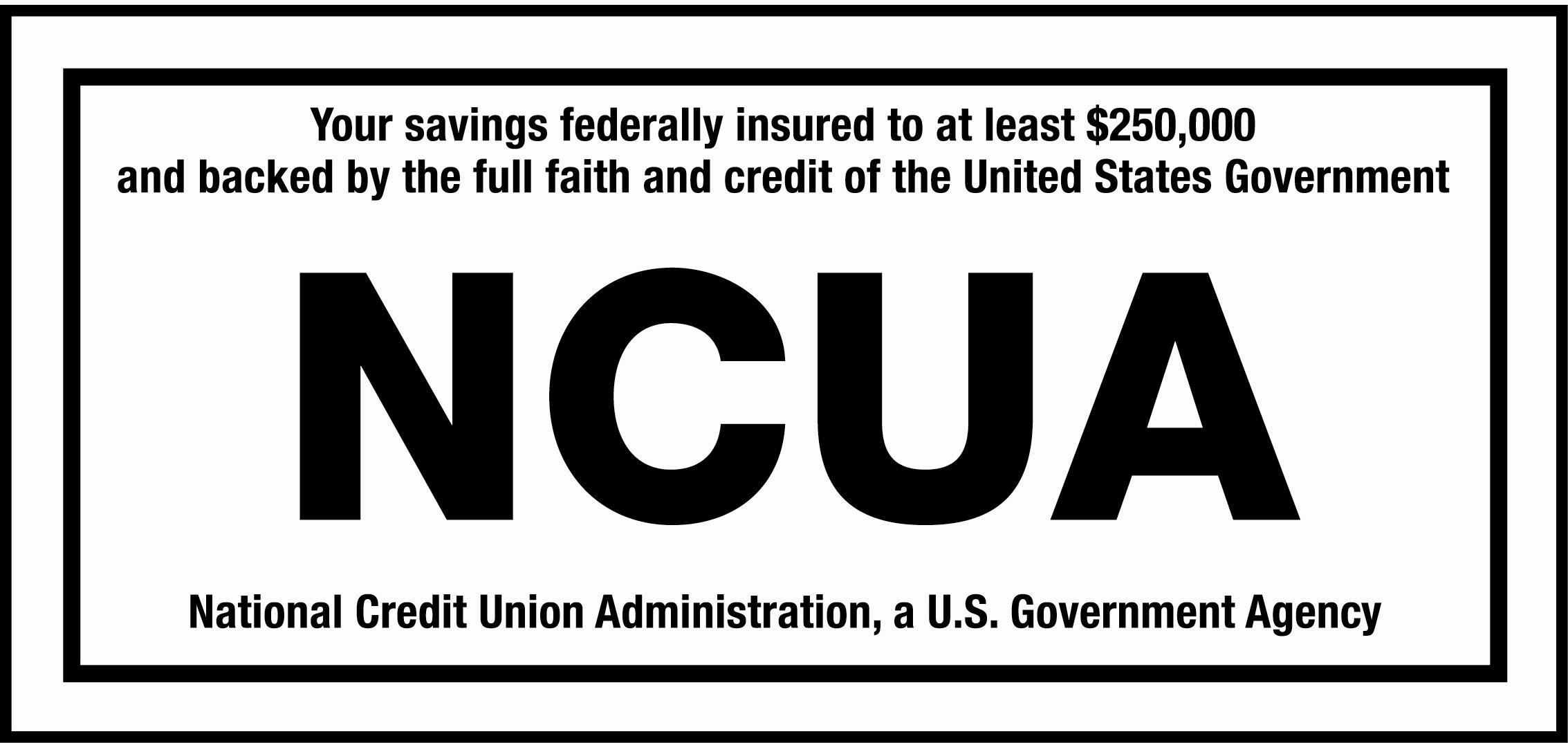Should I Refinance Before I Retire?
Q: Is it advisable to refinance my mortgage as part of my retirement planning?
A: Refinancing your mortgage can have a big impact on your finances. That’s why it’s important to consider all angles before deciding if a pre-retirement refinance is right for you.
First, you need to know that refinancing doesn’t come cheap. It’s only worth the cost if you come out ahead. To verify whether you will gain from a refinance, check out this calculator.
Second, consider how long you plan on staying in your home. A refinance is only recommended if you plan on living in your home for at least 10 more years. Otherwise, it’s unlikely you’ll recoup its cost.
Another important issue to weigh is the significant tax savings homeowners typically believe a mortgage affords them. While this is sometimes true, it is rarely the case for those who are nearing retirement. Homeowners are offered tax deductions on the interest of their mortgage payments. However, toward the end of a mortgage’s life, most of the monthly payment goes toward the principal of the loan and not toward interest. This makes the tax savings from an older mortgage minimal.
Next, understand that there are a few different ways to refinance, only some of which make sense for a pre-retirement homeowner. Here are the three primary ways to refinance a mortgage:
- Lengthening an existing loan into a new 30-year mortgage
- Refinancing a loan to one with a lower interest rate
- Shortening the life of a loan to a new 10- or 15-year mortgage.
While the second two options provide you with several long-term benefits, it is rarely a good idea to refinance a mortgage to a lengthier loan just before retirement. Doing so can mean leaving your heirs with a mortgage to pay off after you pass on. It can also lead you retire with debt.
However, a pre-retirement refinance to a lower-interest mortgage, one with a shorter life or a loan that offers both advantages, is often a smart step to take. Here are just a few reasons to consider this kind of refinance before you retire:
1. Extra cash flow
By switching to a loan with a lower interest rate, you’ll find yourself with significant monthly savings that can help you live out the rest of your years in financial independence.
2. Retire debt-free
If you have more than a decade before retirement, refinancing a 30-year mortgage into a 15-year mortgage can allow you to retire completely debt-free.
3. Pay off other high-interest debts
For homeowners carrying high levels of credit card or other debt, refinancing to a lower-interest loan may be an easy way for them to come up with extra cash to pay off a high-interest balance.
Call, click or stop by Health Care Family Credit Union today to ask about your refinancing options.



